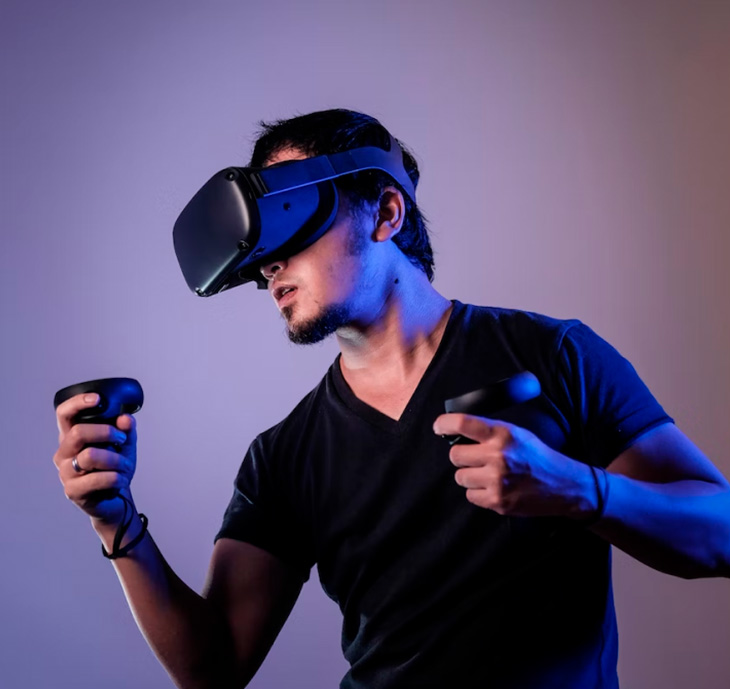The importance of technical skills is universally acknowledged. However, equally crucial for success, yet often overlooked, are soft skills. Understanding soft skills training and its impact on both individual and organizational growth is fundamental.
Defining soft skills
Soft skills encompass personal attributes, personality traits, inherent social cues, and communication abilities needed for success on the job. This set includes leadership, teamwork, communication, problem-solving, time management, empathy, and adaptability. Unlike hard skills, which are about a person’s skill set and ability to perform specific tasks, soft skills relate to how they perform these tasks and interact with others.
Soft skills are not just about individual interactions but also about shaping company culture. They play a significant role in how a company navigates change, maintains employee satisfaction, and upholds its values.
Why soft skills matter
Enhances team dynamics: Soft skills improve interpersonal relationships, fostering a collaborative and positive work environment.
Boosts problem-solving abilities: They enable creative thinking and effective problem resolution, crucial in dynamic business environments.
Supports career advancement: Individuals with strong soft skills often excel in leadership roles and are more likely to be promoted.
The need for training in today’s workplace
Implementing soft skills training involves various strategies, like workshops, team-building exercises, role-playing, and mentorship programs. These methods create scenarios for employees to practice and develop in a supportive environment.
With remote work and digital communication becoming more prevalent, the need for effective soft skills training is more pronounced. The absence of face-to-face interactions can lead to misunderstandings and a lack of connection among team members. Training helps bridge these gaps.
Virtual Reality in soft skills training
Virtual Reality (VR) has emerged as a powerful tool in soft skills training, offering immersive and interactive experiences. VR enables learners to practice skills in realistic simulations, providing a safe space to experiment and receive instant feedback. This technology enhances the learning process by allowing users to experience real-world scenarios without the real-world risks. VR-based training is particularly effective for soft skills as it can replicate complex social interactions and emotional responses, providing a deeper understanding and stronger retention of skills learned.
Kiin’s innovative approach
At Kiin, we recognize the importance of soft skills in personal and professional development. We use virtual reality (VR) and neuroscience to provide immersive soft skills training experiences. Our VR scenarios allow individuals to practice these skills in realistic settings, enabling experiential learning.
Immersive learning: VR creates a realistic environment where learners can practice skills in a safe, controlled setting.
Empathy building: By experiencing situations from multiple perspectives, VR training fosters deeper empathy and understanding.
Retention and engagement: The interactive nature of VR helps in better retention of skills learned and higher engagement in training.
Conclusion
Soft skills training is an indispensable part of professional development and crucial for the success of any business or organization. By investing in soft skills training, companies can build a more empathetic, adaptable, and efficient workforce. Kiin’s innovative approach, blending VR and neuroscience, offers a compelling and effective way to equip teams with essential skills for the modern workplace.






